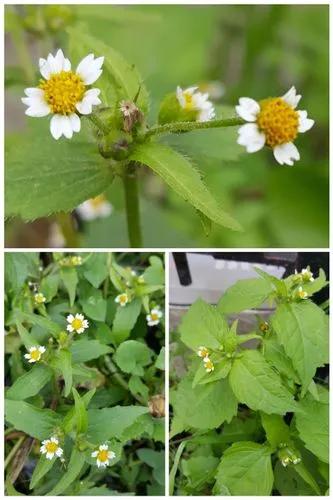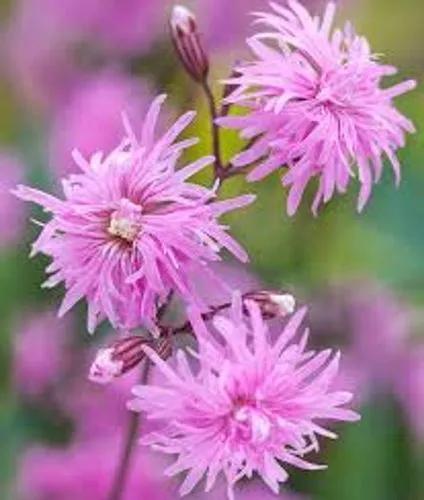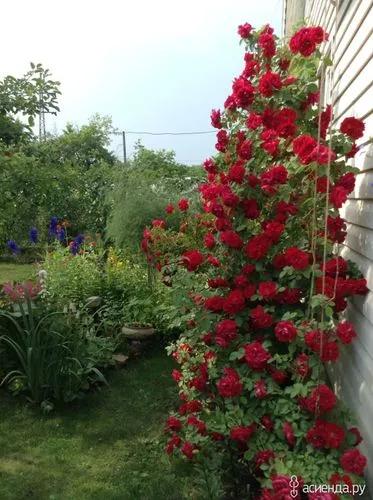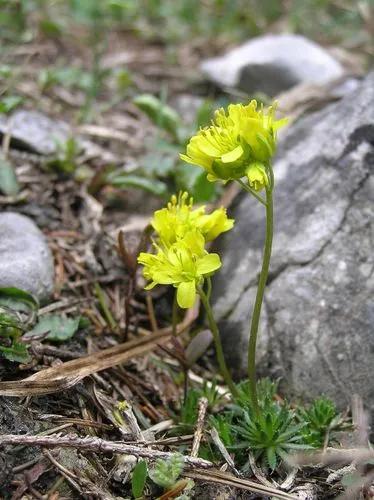The sweet pea is a flowering plant in the genus Lathyrus in the family Fabaceae, native to Sicily, Cyprus, southern Italy and the Aegean Islands. It is an annual climbing plant, growing to a height of 1–2 metres, where suitable support is available.
Sweet pea Care
Lathyrus odoratus



Sweet peas have been cultivated since the 17th century and a vast number of cultivars are commercially available. They are grown for their flower colour (usually in pastel shades of blue, pink, purple and white, including bi-colours), and for their intense unique fragrance. With their seductive fragrance, sweet peas make great flowers for gardens and bouquets. These pea-like flowering annuals grow in many lovely colors and are suitable for a border, a woodland garden, and a trellis or arch. Cultivated sweet peas go back at least 300 years. In their native Sicily, these ornamental peas have weak stems and an intense orange-jasmine-honey scent. Modern hybrids are stronger-stalked and have larger blooms.
How to Care for the Plant

Water

Keep soil moist. Summer rain may be ample. If you put your finger into the soil bed to its first joint and the soil is dry: water them at the soil level and do so in the morning; sweet peas can suffer from bud drop.

Fertilizer

If you use plenty of aged manure and compost when planting, you do not need to fertilize. If you do want to add nourishment, use high potash feeds, as nitrogen feeds encourage too much top growth.

Sunlight

Choose a sunny or lightly shaded site.

Soil

Choose a well-drained site. Alkaline soil is best; sprinkle some powdered lime on the surface if your soil tends to be acidic. Prepare a rich soil by mixing in generous amounts of compost and well-rotted manure to a depth of 2 feet. When plants become established, mulch well to keep the soil cool and moist.

Temperature

In the areas with the lowest winter temperatures of −17.8°C (0°F), plant sweet peas in very late winter or early spring as soon as the soil is dry enough to work. Sweet peas prefer cool days and nights and will start to fade when temperatures go above 65°F.

Popularity

1,556 people already have this plant 254 people have added this plant to their wishlists
Discover more plants with the list below
Related articles






